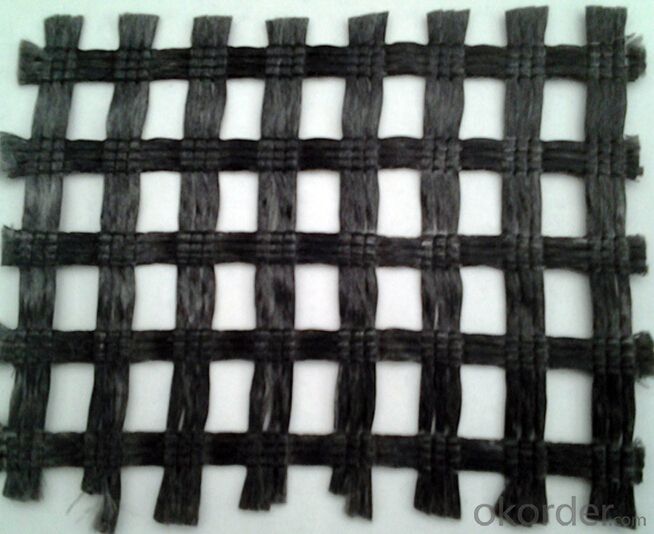- Understanding the Role of Geomembrane Liners in Waste Management
- Innovations in Geomembrane Liners for Water Management
- Geomembrane Liners: A Comprehensive Guide
- The Future of Geomembrane Liners in Civil Engineering
- Geomembrane Liners: Enhancing Landfill Stability
Manager:
WhatsApp:+86 177 0135 2670
Tel:+86 177 0135 2670
Email:marketing@okorder.com
Address:3rd Floor, No.2 Building, No.1 Sanlihe Road
Innovative Uses of HDPE Geomembranes in Construction
hdpe Geomembranes, also known as high-density polyethylene liners, are versatile materials that have found their way into various construction projects. They are known for their durability, flexibility, and resistance to chemicals, UV radiation, and temperature changes. In this article, we will explore the innovative uses of HDPE geomembranes in construction and how they are transforming the industry.

A Protective Barrier Against Nature's Elements
Imagine a construction site where the elements can be harsh and unpredictable. HDPE geomembranes serve as a protective barrier against water, wind, and other environmental factors. They are commonly used as a waterproofing layer in ponds, reservoirs, and landfills, ensuring that water does not seep through and cause structural damage. This waterproofing capability is not just limited to water bodies but also extends to roofs, where they prevent leakage and protect the building's integrity.
A Key Player in Waste Management
In waste management facilities, HDPE geomembranes play a crucial role in containing waste and preventing contamination of the surrounding environment. They are used as liners for landfills, where they create a barrier that prevents the leakage of hazardous substances into the soil and groundwater. This is particularly important in areas where the soil is sensitive and cannot be easily remediated. The geomembranes also help in the collection of leachate, a liquid that forms when water percolates through waste, which can then be treated and disposed of properly.
Revolutionizing the Agricultural Sector
The agricultural sector has also embraced HDPE geomembranes for their ability to create controlled environments for crops. They are used in greenhouses and vertical farming systems, where they help maintain optimal growing conditions by regulating temperature and humidity. This allows for year-round farming, even in harsh climates, and reduces the need for pesticides and herbicides, promoting sustainable agriculture.
A Solution for Erosion and Sediment Control
Erosion and sediment control are significant challenges in construction projects, especially those near water bodies. HDPE geomembranes can be used to create silt fences and sediment basins, which trap sediment and prevent it from entering waterways. This not only protects aquatic ecosystems but also complies with environmental regulations that require construction sites to manage sediment runoff effectively.
Enhancing the Durability of Roads and Pavements
Roads and pavements are subjected to constant wear and tear, and HDPE geomembranes can help enhance their durability. When used as a layer beneath the pavement, they provide a stable base that reduces the impact of heavy loads and prevents cracks from forming. This results in longer-lasting roads that require less maintenance over time.
A Sustainable Choice for the Future
One of the most compelling aspects of HDPE geomembranes is their sustainability. They are made from recyclable materials and can be reused in other projects once their initial purpose is fulfilled. This reduces the overall environmental footprint of construction projects and aligns with the growing demand for eco-friendly solutions.
The Human Touch in Construction
While HDPE geomembranes are a technical marvel, their implementation in construction projects requires a human touch. Skilled workers and engineers are needed to install and maintain these membranes properly, ensuring that they serve their purpose effectively and safely. The human element adds a layer of warmth and care to the use of these materials, reminding us that even in the face of technological advancements, the human factor remains indispensable.
In Conclusion
The innovative uses of HDPE geomembranes in construction are vast and ever-expanding. From protecting against the elements to supporting sustainable practices, these materials are proving to be invaluable assets in the industry. As we continue to push the boundaries of what is possible in construction, HDPE geomembranes will undoubtedly play a significant role in shaping our built environment for the better.
- Previous:HDPE Geomembranes in Landfill Lining: A Sustainable Solution
- Next:Understanding HDPE Geomembranes: Material Properties and Benefits
-
2024-12-05Geomembrane Liners: A Comprehensive Guide






